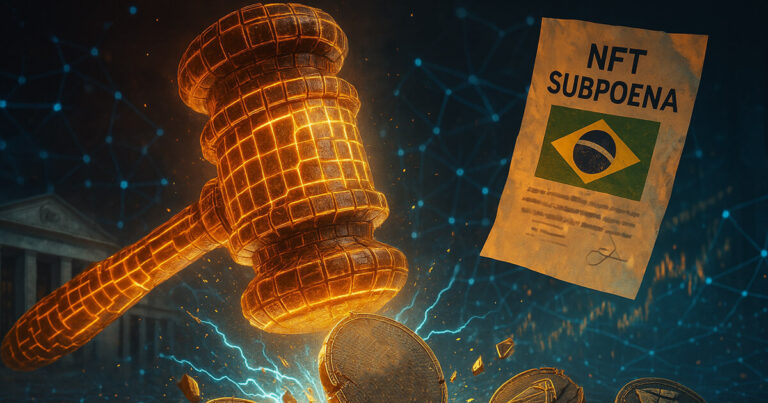Trump Takes a Stand Against Nippon Steel’s Takeover of US Steel: What You Need to Know
Description:
U.S. Steel shares are falling 7% in premarket trading Tuesday after President-elect Donald Trump said that he would block Nippon Steel’s planned $14 billion acquisition of its American rival. In a post on his Truth Social platform, Trump wrote he was “totally against” the takeover of the company by a foreign firm, reiterating his previous opposition to the bid. U.S. Steel shares are down more than 15% this year through Monday.
Background:
The Japanese company had agreed to buy U.S. Steel last year, but has faced pushback from the Biden administration, which extended the foreign security review period for the deal. “Through a series of Tax Incentives and Tariffs, we will make U.S. Steel Strong and Great Again, and it will happen FAST!,” Trump said. “As President, I will block this deal from happening.” Both Trump and the White House have argued the deal would hurt U.S. workers. However, U.S. Steel Chief Executive Officer (CEO) David Burritt has said that without the promised $3 billion from Nippon Steel if the deal passes, the company would have to close plants and move out of its headquarters in Pittsburgh.
Impact on Individuals:
If the deal between U.S. Steel and Nippon Steel falls through, it could potentially lead to job losses and plant closures. This could have a direct impact on the livelihood of workers and their families who depend on U.S. Steel for employment. Furthermore, the uncertainty surrounding the future of the company could also affect the stock prices and investments of individual shareholders.
Global Implications:
On a global scale, Trump’s decision to block the acquisition could have broader implications for international trade and foreign investment. It may set a precedent for other countries and companies looking to acquire American firms, signaling a more protectionist approach to economic policies. This could potentially lead to tensions between the United States and other nations, impacting diplomatic relations and global trade dynamics.
Conclusion:
Trump’s stance against Nippon Steel’s takeover of US Steel reflects his commitment to prioritizing American interests and protecting domestic industries. While this decision may have short-term consequences for shareholders and workers, it underscores the complexities of international business relationships and the need for policymakers to carefully consider the implications of foreign investments. As the situation unfolds, it will be crucial to monitor the developments and assess the long-term impact on both individuals and the global economy.






